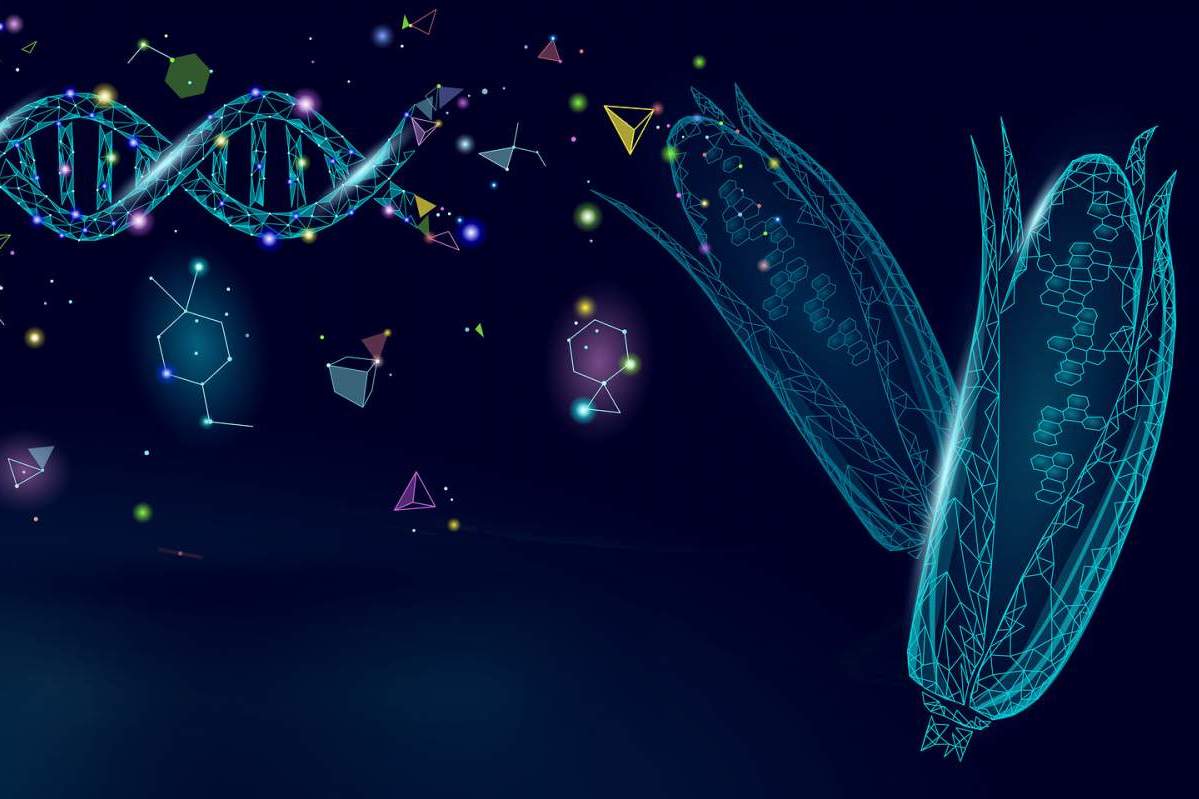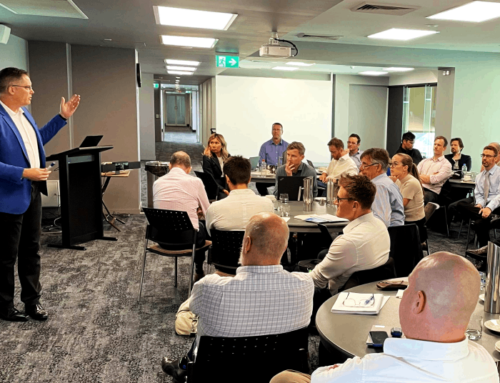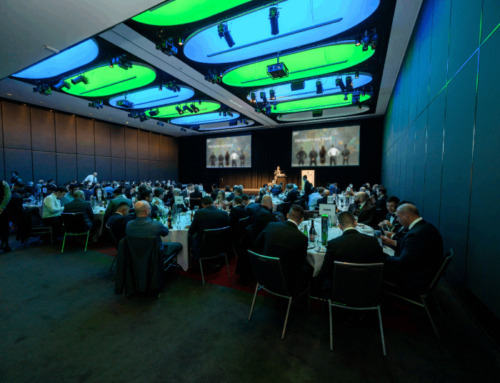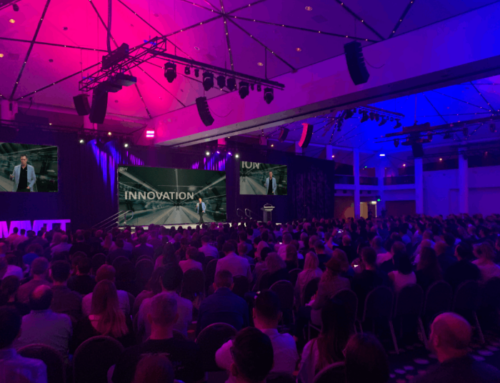The world needs feeding and how we feed ourselves in the next 100 years will hold little resemblance to the last 100 years. The reinvention of food will deliver a healthy society fed by sustainable solutions that most think are the realm of science fiction.
Regardless of our geography of market food and it’s related industries (agriculture, value adding, supply chain and retail) determine where our jobs are, how we structure our cities and how we generate our economic wealth.
For 70 years the western world has embraced industrial food production. Consumerism, manufacturing and the pursuit of corporate outcomes have left the consumer marginalized and “Big Food” (like big Pharma but food) has made our world into a ‘one size fits all’ nutrition nightmare and society is now fighting back through innovation, information and science.
Every conference has a futurist willing to talk on a world of; shopping lists based on diet plans laden with personalised medical advice, grocery deliveries filling smart refrigerators, wearables monitoring health metrics and feeding back to close the loop.
These visions of the future miss the true change in the future of food.
By 2050 we will barely recognise what we eat, where it came from and what it does for us. Food innovation is borrowing from the commercial innovation, leveraging techniques and technologies to drive reinvention. As this takes hold the way we experience food will be turned on its head. The power of blockchain, mixed reality, Artificial Intelligence, IIoT, robotics and genetics will make our farms, factories and retainers into the stuff of science fiction.
In “A Hunger For Innovation: The Reinvention Of Food” we will explore the future of our food’s journey to our plate in a world of technology driven disruption.
- How technology will drive safer more sustainable food.
- How personalised food will change retail and food production.
- The opportunities for disruptive tech in the food sector.
- How Australia can benefit from the food disruption of the coming years.
- Where the industry needs professionals and vendors to capitalise on the next wave of innovation.
Food is often overlooked as a driver of the global economy – in truth economies revolve around keeping our population alive and fed. In the near future in the west and across Asia the food economy will centre around sustainably feeding ourselves and those around the globe. The topic of how to maximise yield through the technology of tomorrow is as interesting as things can get. I can’t wait to share with the your audience.





